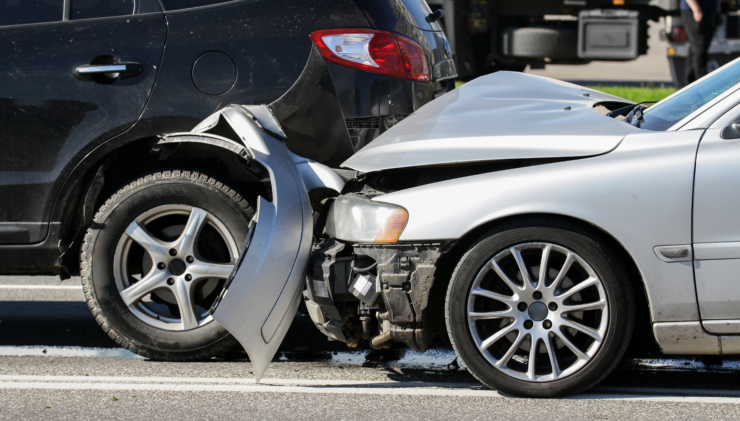 Auto Claims Trends: Frequency, Severity, Repair Costs, and Turnaround Times
Auto Claims Trends: Frequency, Severity, Repair Costs, and Turnaround TimesIf you live in California, you may be one of the many people impacted by recent storms and floods. This is a difficult time, but help is available. Learn how to access California flood damage resources and emergency aid, file an insurance claim, avoid scams, and protect yourself from further harm.
Storms Cause Billions in Losses
An atmospheric river has resulted in heavy rain and snow in California, causing significant property damage and several deaths. The Los Angeles Times says as many as 40 of the state’s 58 counties may have experienced extensive damage and more than 500 mudslides have been reported. AccuWeather estimates the storm may have caused between $31 and $34 billion in damage and economic losses.
Filing an Insurance Claim
Standard homeowners insurance does not cover flood or mudslide damage. However, you may have coverage for these losses under a Difference in Conditions policy or a flood insurance policy. Additionally, your homeowners insurance policy may cover other types of damage caused by recent storms, such as roof damage and damage caused by fallen trees.
If you have experienced a covered loss or you’re unsure whether your loss is covered, notify your insurance company as soon as possible. A claims professional can determine whether you have coverage under your policy. If you do not have coverage for your losses, apply for federal emergency assistance via FEMA.
Due to the widespread nature of this emergency, many insurance professionals may be overwhelmed at the moment. However, insurers are working hard to respond as quickly as possible to start the claims process.
Federal Disaster Assistance
President Biden has approved Governor Gavin Newsom’s request for a presidential emergency declaration. As a result, residents who live in impacted counties and have experienced losses related to the storm can apply for federal disaster assistance through FEMA.
Assistance may come in the form of grants to cover temporary housing and home repairs or low-cost loans to cover uninsured property losses.
You can apply for federal assistance using any of the following three methods:
- Go to www.DisasterAssistance.gov
- Use the FEMA app
- Call 800-621-3362
Emergency Tax Relief
Businesses impacted by the storms may also qualify for emergency tax relief. Some businesses had tax deadlines between January 4 and January 31, but, according to the Office of Governor Gavin Newsom, they will not face penalties if the storm has meant they are unable to file their returns or pay taxes by the original due date. Business owners are encouraged to reach out to the California Department of Tax and Fee Administration.
Avoiding Scams After a Natural Disaster
Since scammers often take advantage of the confusion, desperation, and people’s desire to help others in the wake of a natural disaster, you need to be on guard.
Watch out for charity scams. The FCC urges people to donate to trusted and well-known charities, verify phone numbers and social media posts for charities, and to avoid opening suspicious emails.
If your property has experienced damage, beware of unlicensed contractors and fraudsters. The FTC warns that these scammers often promise quick repairs and cleanup, but they may take your money without completing any of the work, hike their fees, or do shoddy work. Before you hire a contractor, obtain more than one estimate, contact your insurer, and research the contractor carefully.
Protect Yourself from Future Losses
The recent storms are a reminder of how important it is to be prepared for an emergency.
- Create an emergency plan and have emergency supplies ready. Ready.gov has resources on how to create an emergency plan for yourself and your family and a business preparedness plan for your company.
- Consider temporary and permanent measures to prevent flooding. Temporary measures include sandbags, whereas permanent measures include landscaping, channels, and deflection walls. Consider how modifications might impact the surrounding property and whether you could be held liable. Consult with an expert for more information.
- Review your insurance. By the time a disaster strikes, it’s too late to buy insurance. Make sure you have the homeowners, commercial property, and flood insurance you need for the next natural disaster.
Do you need help with your insurance or have questions about your coverage?
Contact Heffernan Insurance Brokers. We’re here for you.



